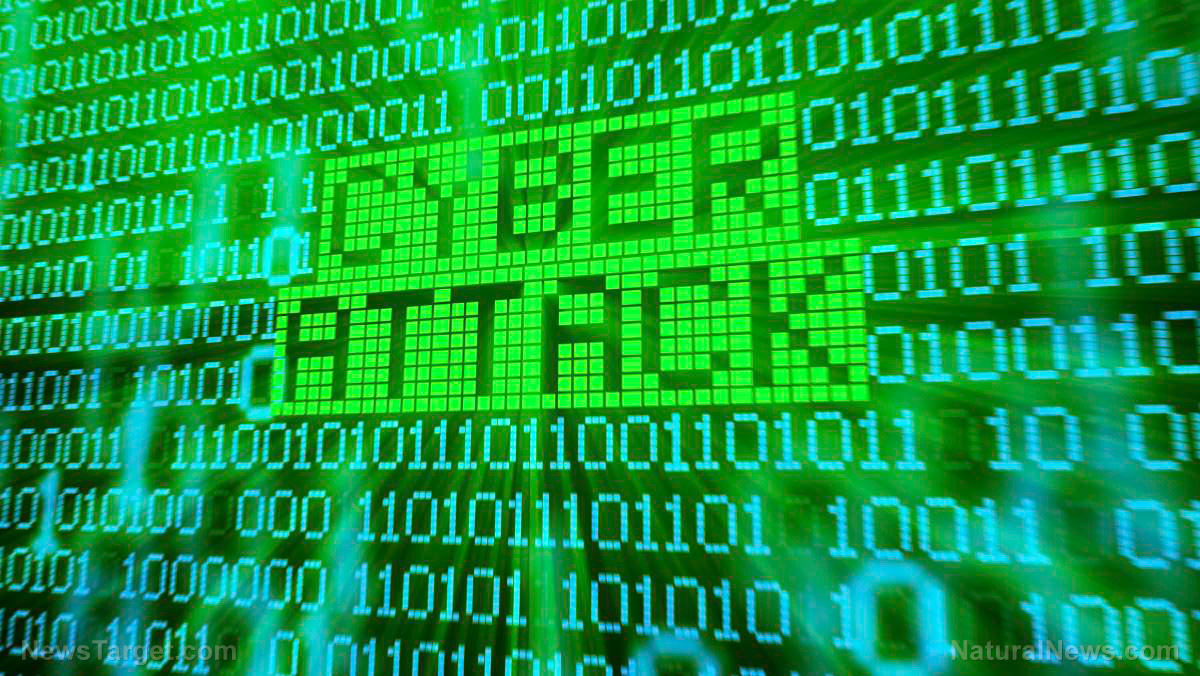
The Vatican's main website fell victim to a cyberattack, allegedly after Pope Francis made some anti-Russia comments. Conspiracy theories also floated as to the perpetrators of the hacking that crippled the Holy See's internet presence.
Matteo Bruni, the director of the Holy See Press Office, initially told news media that the Vatican.va website was undergoing maintenance and technical difficulties. However, he later admitted that the website had been hacked. "Technical investigations are ongoing due to abnormal attempts to access the site," Bruni said in a Nov. 30 statement.
According to multiple users, Vatican.va – the official site of the Holy See – had been unavailable as of the morning of Nov. 29. Attempts by Catholic News Agency to access the website from numerous different web browsers presented "404" error messages. The Vatican's official website serves as a storehouse for papal encyclicals, archival speeches and writings of past and present pontiffs, catechisms and daily news bulletins.
Aside from depriving Catholics of a key source of teachings, the hack also damaged the reservation system for the Holy See's museums.
The Vatican website hacking came 24 hours after the Jesuit pontiff drew the ire of Russia by singling out Chechen and Buryati troopers deployed to Ukraine as the most responsible for atrocities. This led many to accuse Francis, born Jorge Bergoglio, of "race-baiting."
"Generally, the cruelest are perhaps those who are of Russia, but are not of the Russian tradition such as the Chechens, the Buryats, and so on," Pope Francis said.
This did not sit well with the Russian populace. Russian officials blasted the remarks, including Chechen Parliament Speaker Magomed Daudov who called the pontiff's words a declaration of neo-Nazism.
"Neo-Nazism, which blossomed on the support of the West and flourished in Ukraine, became an ideological extension of the 'collective West' in its ugliest incarnation, bringing death, destruction and genocide," Daudov told Russian news agency TASS in an interview. This bolstered allegations of Moscow being behind the attack, as Russia has been known to perform cyber warfare against its enemies. (Related: Cyber attacks now much more likely as Putin escalates ongoing Russian invasion of Ukraine.)
China is another probable suspect in the hacking
But aside from Russia, China is also a probable suspect in the hacking. The pontiff recently criticized the appointment of Peng Weizhao as a bishop in the state-sanctioned Chinese Catholic church, violating the agreement between the Holy See and Beijing in 2018 that required papal approval for such appointments.
In a statement, the Vatican expressed "surprise and regret" over the appointment, adding that Peng's appointment is "not recognized by the Holy See."
"The Holy See hopes that similar episodes will not be repeated and awaits appropriate communications on the matter from the authorities and reaffirms its full willingness to continue a respectful dialogue concerning all issues of common interest," the statement continued. This condemnation may have eventually led to the hacking attempt.
Back in 2020, the American group Recorded Future discovered that hackers with connections to the Chinese government had successfully hacked the email server of the Holy See. They also supposedly hacked into the Catholic Diocese of Hong Kong, which has been traditionally in accordance with the Vatican over the Chinese government’s views on Catholicism in the area.
Although the hack went unpunished, it led the Holy See to strengthen its cybersecurity. It is now one of the most high-tech portals in Italy with highly paid technicians and multi-language content producers operating nonstop to make sure the virtual flock is taken care of.
The Vatican is not likely to confirm, deny or comment on any information once they discover who was behind the cyberattack.
Follow CyberWar.news for more news about cyberwarfare and hacking.
Watch the video below to know how to survive a Russian cyberattack.
This video is from the Connor Lindeman channel on Brighteon.com.
More related stories:
US and allies condemn China for massive cyberattack against Microsoft email servers.
Israel declares state of emergency following CYBERATTACK on government websites.
Sources include:
Please contact us for more information.















